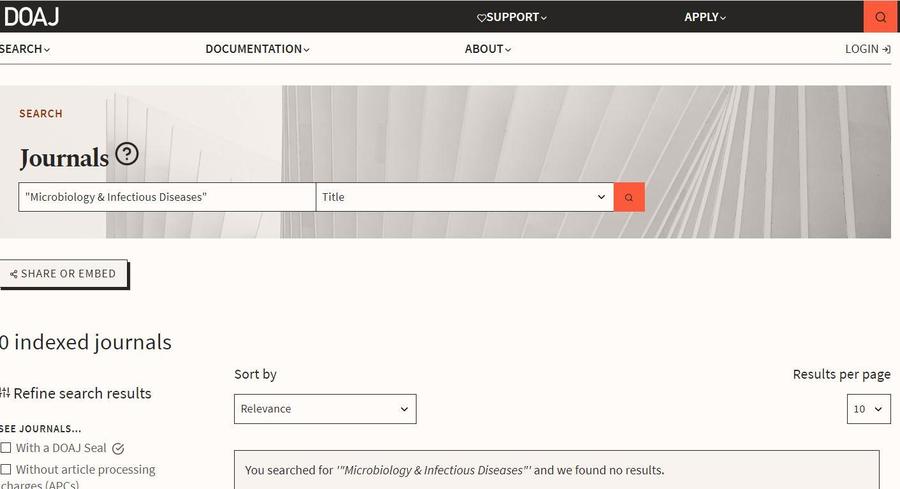
Has a medical journal published a scientific study confirming the Pfizer COVID-19 vaccine causes neurodegenerative diseases? No, that's not true. An anti-vaccine activist's essay is not a report on a clinical or lab study with reproducible experimental methods. And it appeared in a journal that research librarians have warned academicians to avoid. The maker of the vaccine says prion disease has never been shown in a lab or clinical study to be a risk of Pfizer's vaccine.
The neurodegenerative diseases claim originated in an article (archived here) published by scivisionpub.com on January 18, 2021, under the title "COVID-19 RNA Based Vaccines and the Risk of Prion Disease." It opened:
Development of new vaccine technology has been plagued with problems in the past. The current RNA based SARSCoV-2 vaccines were approved in the US using an emergency order without extensive long term safety testing. In this paper the Pfizer COVID-19 vaccine was evaluated for the potential to induce prion-based disease in vaccine recipients.
This is what the article looked like on April 30, 2021:
(Source: Microbiology & Infectious Diseases screengrab Fri Apr 30 00:38:17 UTC 2021)
The article recycles common anti-vaccine claims that vaccinologists and immunologists have debunked, including this conspiracy theory: "The vaccine could be a bioweapon and even more dangerous than the original infection." Teams of researchers for the World Health Organization studied the origins of the novel coronavirus and say there's no evidence to support the conspiracist's theory of COVID's origin and plenty of evidence the virus developed in animals and mutated to become a virus that can infect humans, as reported in this fact check.
The author, J. Bart Classen, is a licensed medical doctor in Maryland, operates a website that appears to discourage vaccination and he has elsewhere proposed certain vaccines cause diabetes.
"There is no evidence to suggest the COVID-19 Vaccine causes prion disease," wrote Pfizer Global Media Relations Associate Keanna Ghazvini, in an April 30, 2021, email to Lead Stories. Ghazvini cited documentation of the clinical trials conducted on tens of thousands of participants in studies the FDA relied on in granting approval to Pfizer's vaccine -- a 92-page briefing document Pfizer scientists submitted December 10, 2020, to the Food & Drug Administration's Vaccines and Related Biological Products Advisory Committee.
Ghazvini also cited the FDA's 57-page Vaccine Review Memo, which reported the FDA's vaccine assessment committee:
voted in favor of a determination that based on the totality of scientific evidence available, the benefits of the Pfizer-BioNTech COVID-19 Vaccine outweigh its risks for use in individuals 16 years of age and older.
Assessing the article's publisher: 'Microbiology & Infectious Diseases'
The Directory of Open Access Journals was launched to help scientists and readers sort out which uphold science publishing standards and which do not. Lead Stories searched the directory and did not find the journal in which the neurodegenerative diseases claim was made. This either means the journal was denied a spot in the directory or did not seek the kind of readership traffic that comes with being approved for the directory. Here is a screenshot of the search conducted by Lead Stories.
(Source: DOAJ.org screengrab Fri Apr 30 22:42:52 UTC 2021)
Lead Stories also searched the online catalog of the National Library of Medicine (NLM), a National Institutes of Health resource for science professionals and the public. It lists 1.4 million published items considered of use to science professionals and the public. While the NLM does not endorse the contents, inclusion on the list is considered a sign of credibility, said a librarian who serves the University of Washington and its medical, engineering and science programs.
Library guides provided by the director of scholarly communications and publishing, Gordon Aamot, encourage scholars to look for journals on the DOAJ directory and included in the NLM indexes. Microbiology & Infectious Diseases appears in neither listing.
Finally, the journal's publisher, SciVision Publishing Group, appears on "Beall's List of Potential Predatory Journals and Publishers," which is an index of open-access journals that librarians, scientists and other academics have flagged for violating science publishing practices that undermine the credibility of science publishing.

















